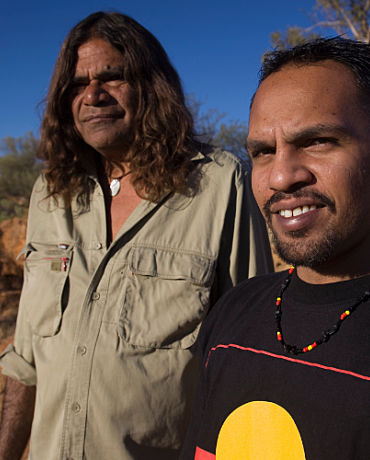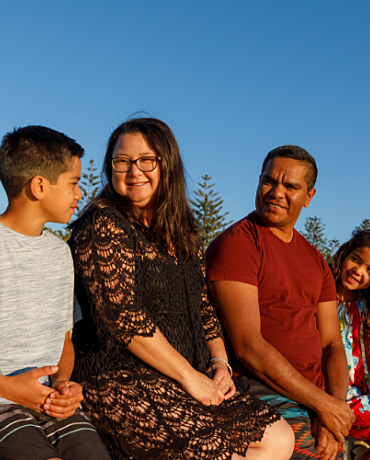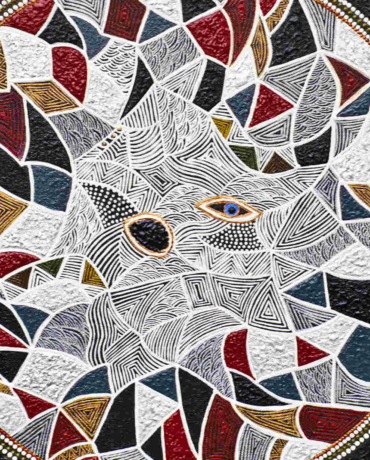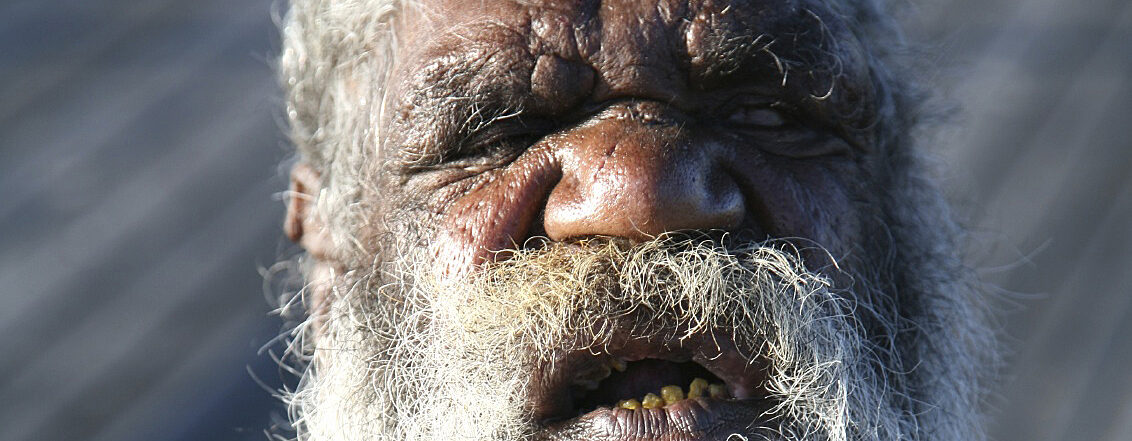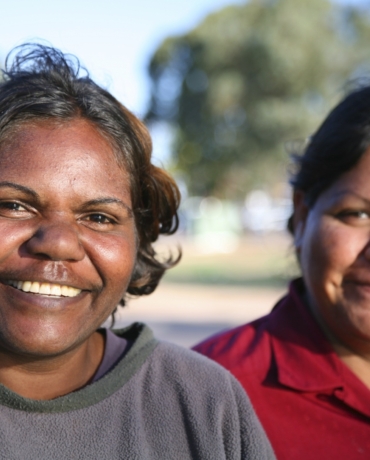Aboriginal Ageing
We take a life-course approach to Aboriginal ageing and brain health that is focused on informing, educating and building the capacity of Aboriginal communities.
We take a life-course approach to Aboriginal ageing and brain health that is focused on informing, educating and building the capacity of Aboriginal communities.
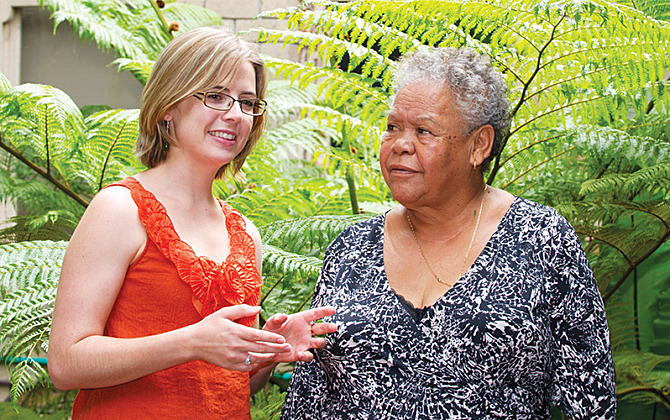
Aboriginal Australians also record high mid-life rates of multiple chronic diseases including heart disease and stroke, lung disease and type 2 diabetes. Type 2 diabetes, for example, is more than twice as common in the Indigenous population than the non-Indigenous population.
There remains a life expectancy gap of approximately ten years between the Aboriginal population and the non-Indigenous population.
Our research is centred on partnering with communities to improve the health and wellbeing of Aboriginal Australians and finding better ways to support their cognitive health as they age. An important part of this work involves finding better ways for Aboriginal communities to gain access to the health services they need as well as suggesting positive changes to services dedicated to improving Aboriginal health, especially in older populations.
Researchers at NeuRA have found that dementia prevalence is three to four times higher in Aboriginal people compared to estimates for the general Australian population. This disparity in dementia rates is consistent across remote, regional and urban communities.
By liaising with Aboriginal communities and representatives, we have identified that there is great interest amongst Aboriginal people to understand the scope of age-related diseases like dementia in their communities.
Aboriginal Elders play vital roles in their communities and they are critical to helping us understand the causes of higher rates of dementia among Aboriginal Australians, and through this, reducing the burden of dementia and improving health and longevity for all Aboriginal Australians.
Through the Koori Growing Old Well Study, we have gathered information from over 300 Aboriginal people aged 60 years and above living in cities, smaller towns and country areas in New South Wales since 2008. This data is aimed at helping us understand the higher dementia rates in urban/regional Aboriginal people and importantly, how we can support healthy brain ageing in these communities.
Case study: Read about Valerie's experience of participating in the Koori Growing Old Well study.
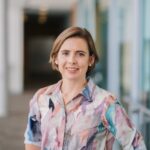
Senior Research Scientist

Emeritus Senior Principal Research Scientist

Knowledge Translation Facilitator
Every dollar of community support enables our scientists to continue making life-changing discoveries that contribute to a brighter and healthier future.
Run, swim or bake your way to making a positive difference in the lives of people touched by brain and nervous system disorders.
Stay informed about our latest research breakthroughs, scientific discoveries and the incredible minds behind them – subscribe today.
Redevelopment of the NeuRA website has been made possible by the generous support of Conexus Financial.
Neuroscience Research Australia respectfully acknowledges the Bidjigal and Gadigal peoples of the Eora Nation as the Traditional Owners of the Land on which we stand and pay our respects to Elders past, present and future.
